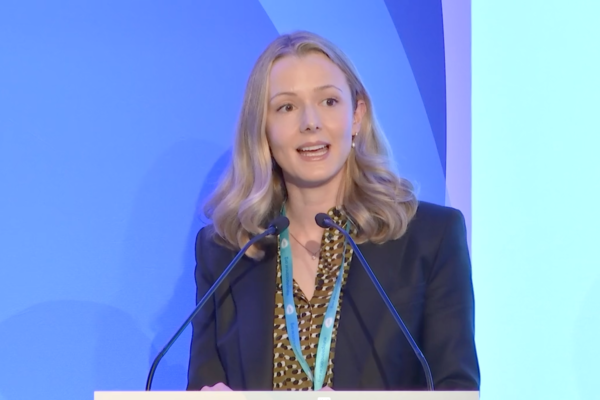Study finds new life-extending drugs only reach a third of those who need them
There is evidence that new and effective treatments for metastatic hormone sensitive prostate cancer (mHSPC) are not being used to treat the men who need them. Research presented to the European Cancer Organisation’s recent Cancer Summit also indicates that they are being used less in patients who are older, non-white, or who are being treated by a urologist rather than an oncologist.
Joanna Dodkins, National Prostate Cancer Audit Clinical Research Fellow at the Royal College of Surgeons England, reviewed international literature examining the use of the new drugs that have dramatically changed the treatment of mHSPC over the past eight years: docetaxel, abiraterone, enzalutamide, apalutamide and docetaxel plus abiraterone. There is evidence that all these treatments bring improvements in overall survival when used in combination with ADT.
She studied data sets from 13 papers around the world. Her conclusion was that only between 9% and 38% of those who would benefit from the treatment were actually receiving it.
“Unfortunately, there is evidence that these treatments are not being used in the real world,” said Dodkins, who presented her findings as one of the “Next Generation of Cancer Leaders” at the Cancer Summit. “When I looked at the data, the utilisation rates of these treatments, anything above and beyond ADT or hormone therapy alone, was very low for patients who would be eligible.”
The reasons for this are multifactorial, she said. But the evidence from her study suggested that younger patients were more likely to receive these additional treatments (“treatment intensification”), as were patients of white ethnicity and those who were being treated by an oncologist as opposed to a urologist. Patients who had many comorbidities were less likely to receive treatment intensification.
“This is just one example where we have so many excellent scientists proving new and novel therapies, but the patients we treat every day in the real world are not getting access to those treatments,” she said. She proposed more “implementation science” to understand and ensure there is equitable access to new treatments.
All the presentations from this year's ECO Cancer Summit are now available to view online.
